The Importance of Community Care
People need people. Humans naturally seek out connection and belonging wherever we go. Whether it’s chatting with coworkers or classmates, catching up with an old friend, or smiling at a stranger, we need that social connection. We need community care.
To explain more about community care, let’s start with a more common term: self-care. Self-care, as the name suggests, is the activities you do to take care of yourself. These can include luxuries such as taking a bubble bath or getting a massage. But it can also include setting boundaries or cleaning your space.
Whether the tasks are fun or not, our self-care toolbox helps keep us at or get us back to our baseline. It helps you continue to feel like yourself.
Despite self-care being about the self, you’re not always alone. Many people include hanging out with a friend, calling their mom, or spending time with a significant other as a part of their self-care toolbox.
It’s at this point that we start to see the crossover between self-care and community care. Being there for someone in need — or someone being there for you — is an example of community care.
While self-care focuses on our own personal needs, community care is a two-way street. Community care is what you do for your community but also what your community does for you.
That community doesn’t have to be the people who live in your neighborhood or town. It can be an online support group, a team you play soccer with, or anything in between. Community is different for everyone.
Community care can include both personal and broader scale acts of kindness. It can be as large as fighting for societal change or as simple as making dinner for someone who may be going through a difficult time. No matter how you practice it, community care is a part of proactive suicide prevention.
Treating people with respect, helping people get their needs met, and asking for help when you need it are all part of community care and suicide prevention.
At Hope for the Day we promote community care through our peer-to-peer education sessions, The Things We Don’t Say. Based on lived experiences and clinically backed, our education programming teaches people the skills needed to support their peers and themselves on their mental health journeys.
Through our outreach, we start the conversation in a variety of spaces with a variety of communities. From local schools to music festivals, we meet people where they’re at.
Both our education and outreach focus on sharing resources. By pointing people in the right direction and acting as a bridge to resources available in their area, people can foster community care and play an important role in proactive suicide prevention.
Not every resource will work for every person and that is okay. This is part of the reason community care is so important. By creating strong networks of peer support, there will always be someone to turn on your mental health journey.
We are in this together.

